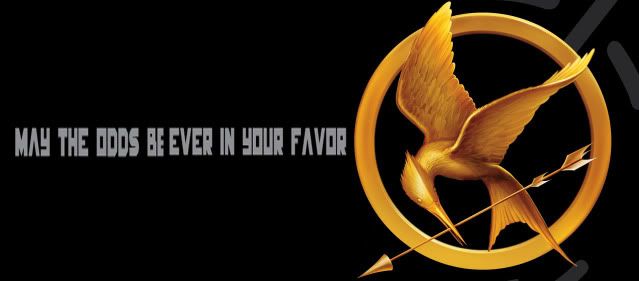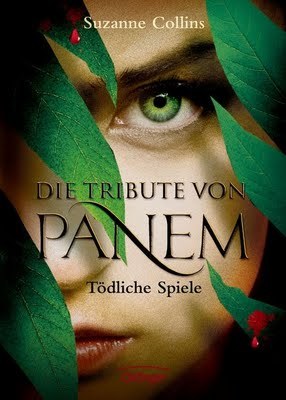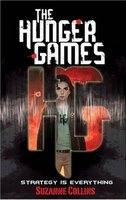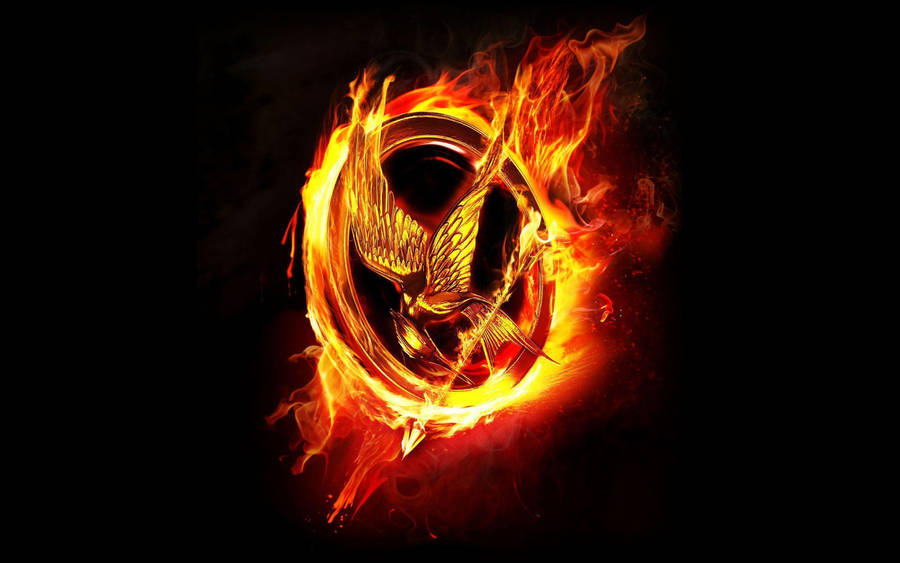Awards and recognition The Hunger Games received:
#1 NEW YORK TIMES BESTSELLER
#1 USA TODAY BESTSELLER
WALL STREET JOURNAL BESTSELLER
PUBLISHERS WEEKLY BESTSELLER
PUBLISHERS WEEKLY'S BEST BOOKS OF
2008:
CHILDREN'S FICTION
NEW YORK TIMES NOTABLE CHILDREN'S
BOOK OF 2008
AN AMERICAN LIBRARY ASSOCIATION
TOP TEN BEST BOOKS FOR YOUNG ADULTS SELECTION
AN ALA NOTABLE CHILDREN'S BOOK
2009 ALA AMELIA BLOOMER PROJECT LIST
#1 ON WINTER '08/'09 CHILDREN'S
INDIE NEXT LIST
INDIES CHOICE--BEST INDIE YOUNG
ADULT BUZZ BOOK HONOR
2008 CYBIL AWARD--FANTASY &
SCIENCE FICTION
2009 CHILDREN'S CHOICE BOOK AWARD
TEEN CHOICE BOOK OF THE YEAR
FINALIST
YALSA'S TEENS' TOP TEN, 2009
NYPL “STUFF FOR THE TEEN AGE” LIST,
2009
CCBC CHOICES 2009
A NEW YORK TIMES BOOK REVIEW
EDITORS' CHOICE
A KIRKUS BEST BOOK OF 2008
A HORN BOOK FANFARE
SCHOOL LIBRARY JOURNAL BEST BOOKS Of
2008
A BOOKLIST EDITORS' CHOICE, 2008
LA TIMES FAVORITE CHILDREN'S BOOKS,
2008
BARNES & NOBLE BEST BOOKS OF
2008
FOR TEENS AND KIDS
BORDERS BEST BOOKS OF 2008: TEENS
AMAZON BEST BOOKS OF 2008:
TOP 100 EDITORS' PICK
TOP 10 BOOKS: TEENS
Reviews of the novel
There are of course negative reviews (from Amazon) about the book. But these comments are about the violence in the book and how it's not for children. Otherwise, the novel has received multiple positive reviews.
"What happens if we choose
entertainment over humanity? In Collins's world, we'll be obsessed with
grooming, we'll talk funny, and all our sentences will end with the same rise
as questions. When Katniss is sent to stylists to be made more telegenic before
she competes, she stands naked in front of them, strangely unembarrassed.
“They're so unlike people that I'm no more self-conscious than if a trio of
oddly colored birds were pecking around my feet,” she thinks. In order not to
hate these creatures who are sending her to her death, she imagines them as
pets. It isn't just the contestants who risk the loss of their humanity. It is
all who watch."
--Publishers Weekly, Megan Whalen
Turner, STARRED REVIEW
"...brilliantly plotted and
perfectly paced...a futuristic novel every bit as good and as allegorically
rich as Scott Westerfeld's 'Uglies' books."
--The New York Times, John Green
“...enthralling, imaginative and creepy...”
--Los Angeles Times
"Collins's characters are
completely realistic and sympathetic as they form alliances and friendships in
the face of overwhelming odds; the plot is tense, dramatic, and engrossing.
This book will definitely resonate with the generation raised on reality shows
like "Survivor" and "American Gladiator."
--School Library Journal, STARRED REVIEW
"[A] plot-driven blend of
suspense, science fiction, and romance."
--USA Today,
"The plot is front and center
here—the twists and turns are addictive, particularly when the romantic subplot
ups the ante—yet the Capitol’s oppression and exploitation of the districts
always simmers just below the surface, waiting to be more fully explored in
future volumes. Collins has written a compulsively readable blend of science
fiction, survival story, unlikely romance, and social commentary."
--Horn Book, STARRED REVIEW
"Populated by three dimensional
characters, this is a superb tale of physical adventure, political suspense,
and romance."
--Booklist, STARRED REVIEW
"[A] stylish postmodern 'Lost'
in direct collision with 'Lord of the Flies.'"
--The Wall Street Journal, Katie
Roiphe
"Themes of government control,
"big brother," and personal independence are explored amidst a
thrilling adventure that will appeal to science fiction, survival, and
adventure readers. The suspense of this powerful novel will keep the reader
glued to the page long after bedtime."
--VOYA, Deborah L. Dubois
"Impressive world-building,
breathtaking action and clear philosophical concerns make this volume, the
beginning of a planned trilogy, as good as The Giver and more exciting."
--Kirkus










